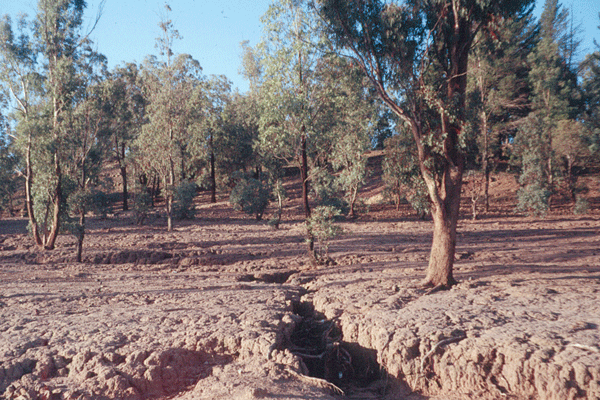
IT has always been important to approach the climate question from a moral standpoint.
GUEST OPINION: PETER MAKWANYA

Our way of handling and interacting with nature has been marked by dominance and exploitation, hence, we have failed to think of moral concerns.
This is due to humanity viewing the environment as a resource to be exploited.
From time immemorial, nations have been siphoning from the environment, with little attention being paid to nourishing it.
Our failure to realise that nature has been depleting fast has led human beings to engage in expansionist policies and not to replenish the earth, but to plunder its resources.
The idea of survival and greed has superseded moral reasoning in such a way that the State, in which the world is, may have reached a point of no return, as the environmental Armageddon is threatening to render the earth uninhabitable.
Our quest for discovery has led to destruction rather than conservation and the earth has suffered multiple irreparable scars that are not only glaring, but are also dangerous.
- Chamisa under fire over US$120K donation
- Mavhunga puts DeMbare into Chibuku quarterfinals
- Pension funds bet on Cabora Bassa oilfields
- Councils defy govt fire tender directive
Keep Reading
The world’s realisation that it has made a mistake came quite late and it has been worsened by lack of consistency and morality in their approach when dealing with environmental issues.
Our language use and behaviours are tilted towards manipulating and plundering resources, hence, terms like “gold rush”, “oil fever”, “forest milking”, “forest plunder” or even “harvest”.
Some companies have names that are illustrative of plunder.
What this means is that the world has devised communication tools that are devoid of moral virtues, thereby, promoting environmental harm more than ever before.
When dealing with issues concerning the environment, we hardly take into account the aspect of adaptation or forest regeneration rather.
Our lifestyles, which are heavily dependent on materials, are yet to change.
As we exploit natural resources, we always forget that nature is part of us and not a parcel, as in “part and parcel”.
Humankind has a moral duty towards nature and in that regard, they have to treat it with respect and restraint. We cannot become true environmental stewards if we continue exploiting nature for our selfish gains.
What should not fail to cross our minds is that there should be a strong attachment between nature, God and humanity.
This would improve our personal and moral dimensions towards the environment and would also be important for climate protection.
The moral dimension views nature as a sacred gift that should be never be plundered.
Our quest for dominance and materialistic lifestyles have seen man’s expansionist policies and the disregard of nature.
The contamination of the atmosphere, which continues to increase every hour, is not only an industrial aspect, but highly a moral problem caused by people intoxicated with power and lack of moral scruples.
If the world cannot commit to reducing the amounts of greenhouse gases polluting the skies, then morals are lost. For, there can never be any sustainability that is devoid of ecological responsibilities.
Sustainable development requires humanity to protect the environment as a moral obligation for the current and future generations.
As the situation stands, we are preparing for future generations, a dossier of how best not to care for the environment.
Humanity has a responsibility and a moral obligation to also control the spiralling population through strict birth control, as more people require more resources.
If the population continues to grow, we shall face one of the most ethical challenges for humanity.
It is also the lack of our moral convictions that has led to chronic poverty and widespread political conflicts across the world.
Finally, the world needs to tone down on words that encourage environmental plunder and domination. Use of sustainable language helps attain morality marked by environmental consciousness, which does not promote environmental hegemony.
Peter Makwanya is a Climate change communicator. He writes in his capacity and can be contacted on: [email protected]











